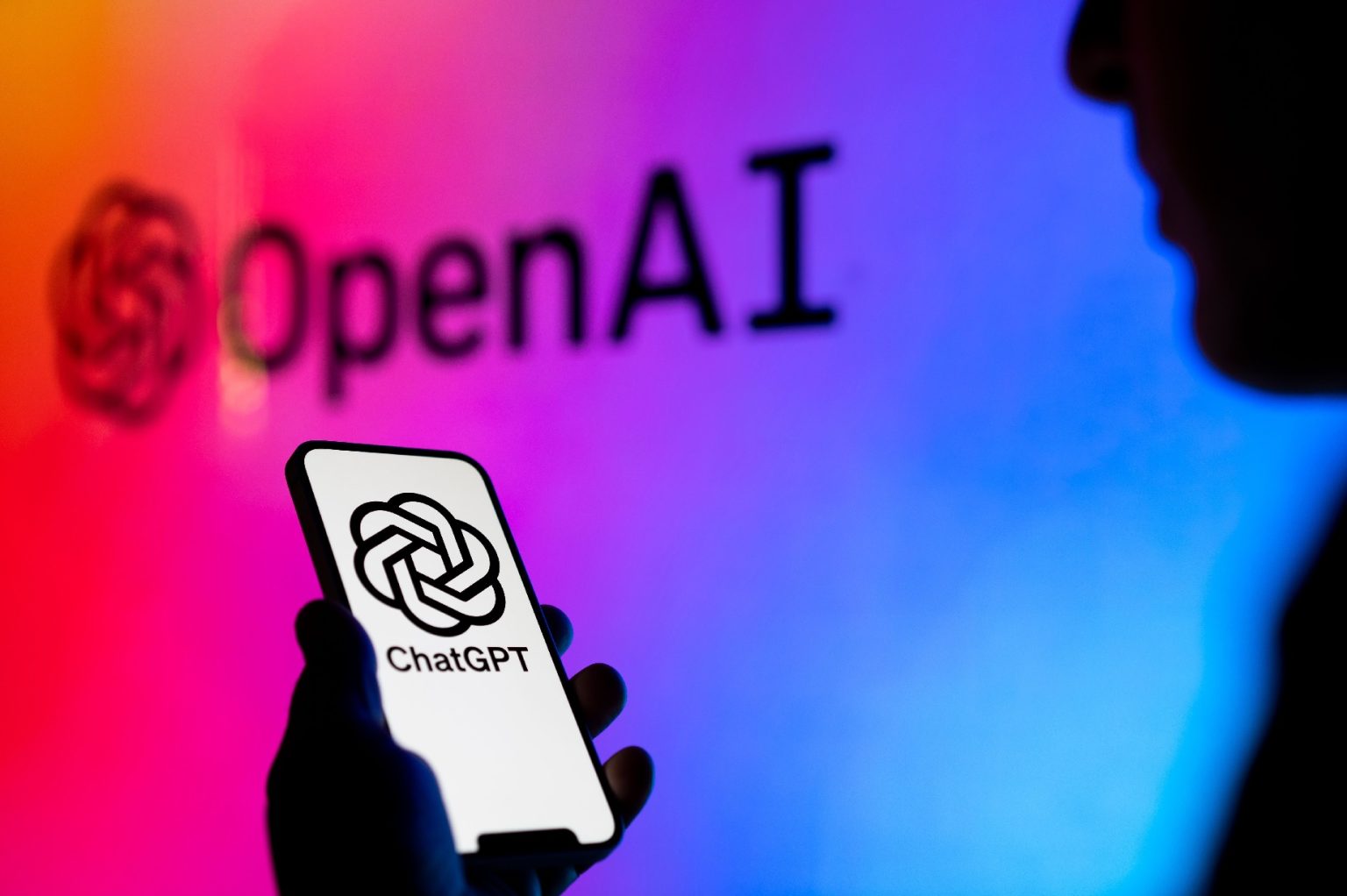The coming of the Chinese artificial intelligence (AI) app, DeepSeek, may have rattled the global tech markets, further intensifying the sovereign race for dominance among countries while preparing the globe for a major disruption, ADEYEMI ADEPETUN reports.
Lately, the international community is witnessing a surge in momentum towards the development of artificial intelligence (AI). From America to Europe, the Middle East to Asia, the race to AI dominance is being unearthed daily.
AI is fast reshaping industries and bridging development gaps. Countries and companies are in the race to show their superpowers with the hope of becoming AI superpower destinations. A testament to this would be the meteoric rise of the Chinese AI app, DeepSeek which is rattling global tech markets, triggering a selloff in shares of major companies like Nvidia, Microsoft, and Meta.
AI, in its broadest sense, is intelligence exhibited by machines, particularly computer systems.
There is no gainsaying the fact that the battle for the soul of AI has a significant geopolitical dimension. It’s not just about ethics and open vs. closed AI, but also about which countries will dominate this technology and how that will shape the global balance of power.


Leadership battle
TODAY, the USA, Europe, UAE and China are at the forefront of the AI revolution.
For instance, the U.S. has been a leader in AI research and development, with major tech companies like Google, Microsoft, and Meta, Open AI driving innovation. However, there’s growing concern about maintaining this lead, especially in the face of China’s rapid progress. The US government is investing heavily in AI research and development, while also grappling with the ethical and societal implications of this technology.
With AI platforms including Gemini, Azure AI, ChatGPT, Meta AI, SageMaker, and DataRobot among others dotting the US space, America is a hotbed for artificial intelligence automation.
While America must not sleep, China is fast emerging as a powerhouse. The country has made AI a national priority, with ambitious plans to become the world leader in AI by 2030. The Chinese government is pouring billions of dollars into research and development, and Chinese companies like Baidu and Tencent are making significant strides in AI applications. This raises concerns in the West about China’s potential use of AI for surveillance and control, as well as its implications for economic competition.
This may have further been exacerbated by the sudden rise of China’s DeepSeek. The app recently surpassed rivals such as ChatGPT to become the top-rated free app on Apple’s App Store, shaking confidence in U.S. dominance in AI innovation.
China’s growing influence
DEEPSEEK’s rapid ascent has startled investors, with European share prices dropping and tech-related stocks, such as ASML and Siemens Energy, suffering sharp declines of over 10 per cent and 21 per cent, respectively.
Analysts believe the app’s low-cost development model has challenged existing assumptions about the financial barriers to creating cutting-edge AI systems.
“This idea of a low-cost Chinese version hasn’t been at the forefront, so it’s taken the market by surprise,” said Fiona Cincotta, senior market analyst at City Index, who spoke with BBC.
DeepSeek’s disruptive potential has also raised concerns about the future profitability of U.S. tech giants that have poured billions into AI infrastructure.
The Chinese app is powered by the open-source DeepSeek-V3 model, which its researchers claim was developed for under $6 million, a fraction of the costs incurred by its competitors.
While this claim has been met with scepticism in the AI community, the company’s approach has demonstrated that high-performance AI models can be developed with less computing power and lower costs.
DeepSeek-R1, a recently launched version of the app, has been touted as having performance on par with OpenAI’s advanced models in tasks like math, coding, and natural language processing.
Silicon Valley venture capitalist Marc Andreessen described DeepSeek’s rise as “AI’s Sputnik moment,” drawing parallels to the Soviet Union’s surprise launch of the first satellite in 1957.
Regions not backing down
CHECKS showed that the European Union is taking a more cautious approach to AI, emphasising ethical considerations and human rights. The EU’s General Data Protection Regulation (GDPR) has set a global standard for data privacy, and the bloc is working on regulations for AI that prioritise transparency and accountability.
According to analysts, this approach could give the EU a competitive advantage in developing trustworthy AI systems.
Other countries like Russia, India, UAE and Israel are also investing in AI research and development, seeking to carve out their own niches in this emerging field.
According to analysts, key battlegrounds are huge, including technological dominance, data, talent, standards and regulations, and military applications among others.
Specifically, on technological dominance, the race is on to develop the most advanced AI systems, with countries vying for breakthroughs in areas like natural language processing, computer vision, and robotics.
Relevance of data
FOR a fact, AI systems are fueled by data, and countries with access to large and diverse datasets have a significant advantage. This is leading to competition for data resources, as well as efforts to develop AI systems that can learn from limited data. The demand for AI talent is outstripping supply, leading to global competition for skilled researchers and engineers. Countries are investing in education and training programmes to build their AI workforce.
The development of international standards and regulations for AI is crucial to ensure its responsible development and use. Countries are vying to shape these standards, with different approaches reflecting their own values and interests.
AI is transforming warfare, with countries developing autonomous weapons systems and other AI-powered military technologies. This raises ethical concerns and the potential for a new AI arms race.
With China not ready to concede to the USA, despite seen and unseen threats by President Donald Trump, the stakes are high.
President Trump, who welcomed Deepseek, however described it as a wakeup call and called on US scientist to step up their games, describing them as the best in the world
Indeed, the outcome of this geopolitical battle for AI will have profound implications for the global balance of power. Countries that dominate AI will have a significant advantage in economic competition, military strength, and technological innovation. This could lead to a new era of AI-driven geopolitics, with countries vying for control of this transformative technology.
Huge investments
IT is important to note that this competition is not just between countries, but also between different actors within countries, including tech companies, research institutions, and civil society organisations.
While it may be difficult to sum up the investments that have gone into AI development globally, IDC projected that AI investments will reach $632 billion in 2028. This includes spending on AI-enabled applications, infrastructure, and related IT and business services.
Private investment accounts for a significant portion of AI funding. In 2023, the US led with €62.5 billion in private investment, followed by China with €7.3 billion. Venture capital funding for AI has been increasing rapidly. In the US alone, companies raised some €7.4 billion for generative AI between 2020 and 2022.
Governments worldwide are also investing heavily in AI research and development. For example, the US government announced a $1 billion investment in AI research institutes in 2021.
Nigeria’s AI journey
NIGERIA is taking significant steps in its AI journey, aiming to become a leader in AI adoption and development within Africa. Some of the initiatives from the government thus far include the establishment of
the National Centre for AI and Robotics (NCAIR, National Artificial Intelligence Strategy (NAIS) launched in 2024, which outlines a roadmap for AI development in Nigeria, focusing on economic growth, improved governance, and enhanced well-being.
There is also the Nigeria Artificial Intelligence Research Scheme; Government AI Campus Programme; and collaboration with Google, which involves a N2.8 billion initiative to advance AI talent development in Nigeria.
However, the challenges confronting Nigeria’s AI journey include skills gap, adequate infrastructure, data availability and ethical considerations, which involve ensuring responsible AI development and addressing potential biases.
Nonetheless, analysts submitted that the future of AI is not predetermined. The choices made today will shape its trajectory and determine its impact on the world.







